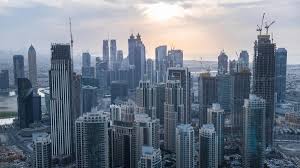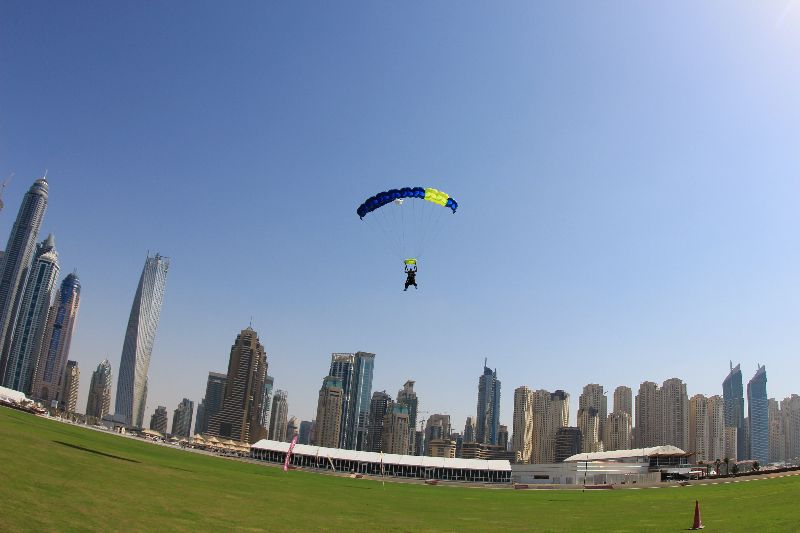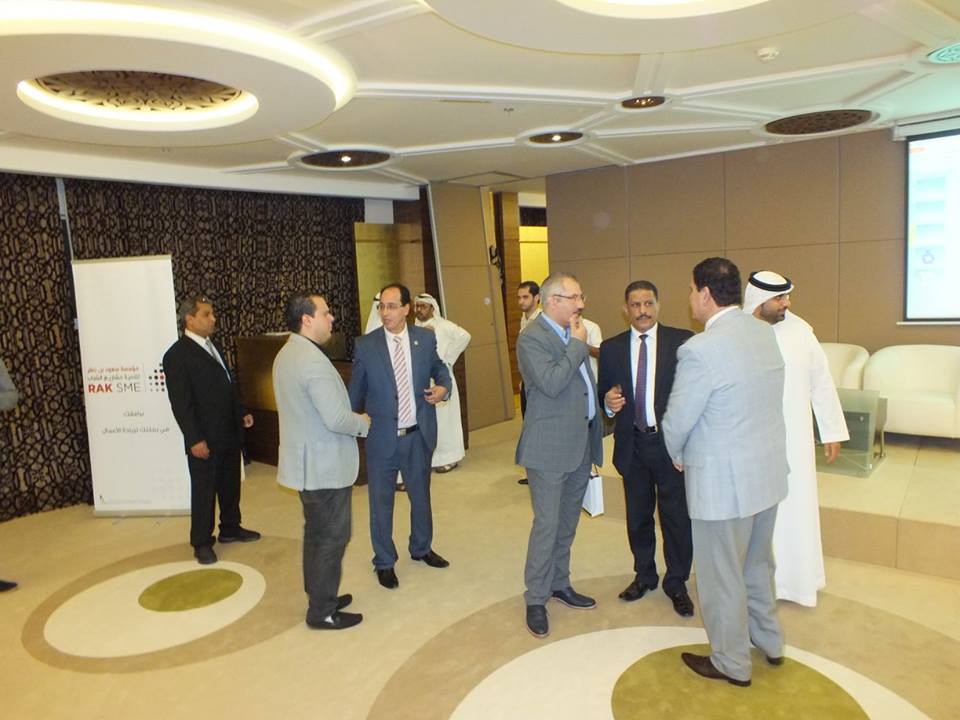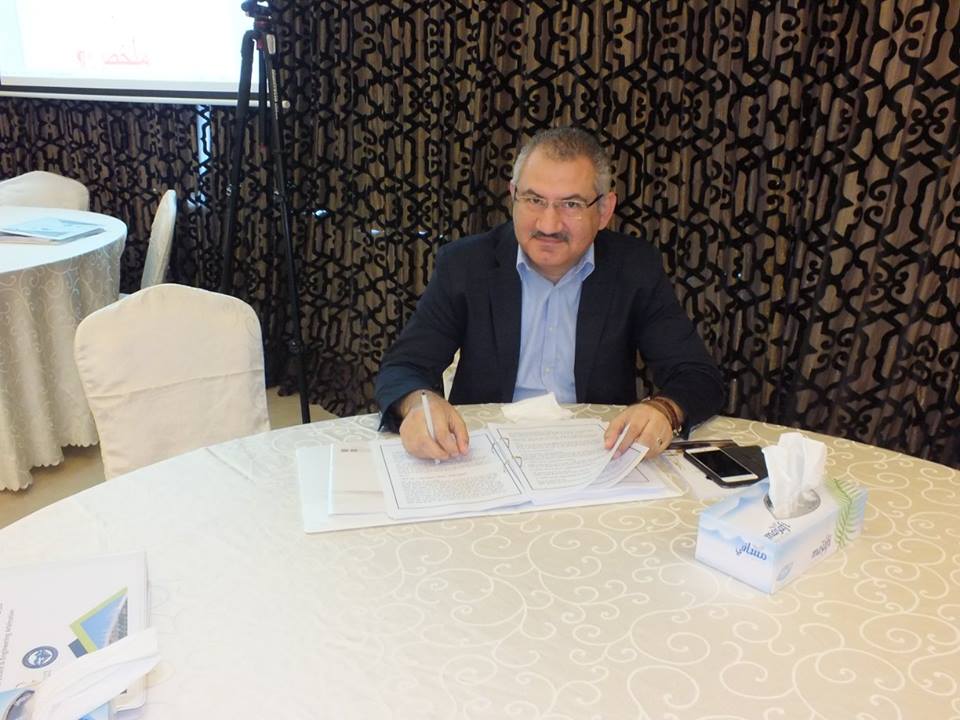Roadmap to Engineering in United Arab Emirates
Are you considering immigrating to UAE to work as an engineer?
Find your way to successful work
If you’re interested in pursuing a career in engineering in the United Arab Emirates (UAE), there are a few things you should keep in mind. First and foremost, you’ll need to obtain a degree in engineering from a recognized university. Additionally, you’ll need to obtain a professional license from the relevant authorities in the UAE. Once you have these qualifications, you can start looking for engineering jobs in the UAE. It’s important to note that competition for engineering jobs in the UAE can be fierce, so you’ll need to be prepared to demonstrate your skills and experience. Networking can also be helpful in finding job opportunities. With the right qualifications and determination, you can build a successful career in engineering in the UAE.

Roadmap to Engineering in United Arab Emirates
FIND WORK IN ENGINEERING
If you’re passionate about engineering and want to pursue a career in this field, the United Arab Emirates (UAE) can offer plenty of opportunities. However, finding work in engineering can be challenging, and you need to have the right qualifications and approach to succeed.
To start with, it’s essential to have a degree in engineering from a recognized university. This will demonstrate your technical knowledge and skills to potential employers. Moreover, you will need to obtain a professional license from the relevant authorities in the UAE to work as an engineer legally.
Once you have the necessary qualifications, it’s time to start looking for job opportunities. It’s worth noting that competition for engineering jobs in the UAE is fierce, so you need to stand out from the crowd. Networking can help you find potential employers and create valuable connections in the industry. Attend industry events, join online forums, and connect with people in your field on social media platforms like LinkedIn.
When it comes to applying for engineering jobs, make sure your CV and cover letter are tailored to the specific job you’re applying for. Highlight your relevant skills and experience, and show how they align with the job requirements. Be prepared to demonstrate your technical skills and experience during interviews, and have examples ready to showcase your work.
Finally, don’t be afraid to seek advice and guidance from career coaches or mentors who can provide valuable insights into the engineering industry in the UAE. With the right qualifications, approach, and mindset, you can find work in engineering and build a successful career in the UAE.
There are some important things you need to know about finding work as an engineer in UAE:
Your qualifications may not be immediately recognized especially if you have not yet obtained your work experience. Having your qualifications recognized can take up to several months. However, you can still work in engineering work during this period, as long as you are supervised by a professional engineer.
Communicating well in English or Arabic, is essential for success in UAE. Use the time before you come to improve your language skills. You may also need to take additional language training during your first few years here.
If you’re looking for engineering work in the United Arab Emirates (UAE), there are a few key things to keep in mind. Here are some essential tips to help you succeed in your job search:
- Have the right qualifications: To work as an engineer in the UAE, you will need a degree in engineering from a recognized university. You may also need to obtain a professional license from the relevant authorities in the UAE. Make sure you have the necessary qualifications before starting your job search.
- Be prepared to compete: Engineering jobs in the UAE are highly sought after, and competition can be intense. You will need to demonstrate your skills and experience to stand out from other candidates.
- Network, network, network: Networking is crucial in finding engineering work in the UAE. Attend industry events, join online forums, and connect with people in your field on social media platforms like LinkedIn. Building relationships with people in your industry can lead to job opportunities and valuable connections.
- Tailor your applications: When applying for engineering jobs, make sure your CV and cover letter are tailored to the specific job you’re applying for. Highlight your relevant skills and experience, and show how they align with the job requirements.
- Be ready to showcase your skills: During the interview process, be prepared to demonstrate your technical skills and experience. Have examples ready to showcase your work and be prepared to answer technical questions related to the job.
- Seek advice and guidance: Finally, seek advice and guidance from career coaches or mentors who can provide valuable insights into the engineering industry in the UAE. They can also help you navigate the job search process and provide feedback on your CV and cover letter.
SKILLS & JOBS
In UAE, there are many kinds of engineers: Architect, Structural Engineers, Civil engineers, aerospace engineers, mechanical engineers and more. Some jobs with ‘engineer’ in the title have little to do with engineering, like locomotive engineer and sound recording engineer. Search for jobs that suit your skills and qualifications.
Finding Your Fit: Exploring Different Types of Engineering Jobs in UAE
If you’re looking for a career in engineering in the United Arab Emirates (UAE), there are plenty of options to consider. From architectural and structural engineering to mechanical and aerospace engineering, there are many different fields to explore.
Understanding the different types of engineering jobs available in UAE can help you find a role that best matches your skills and qualifications. In this article, we’ll dive into some of the most popular types of engineering jobs in the UAE and what each role entails.
Architectural Engineering
Architectural engineering focuses on the design and construction of buildings and other structures. As an architectural engineer, you’ll be responsible for creating plans and drawings, as well as overseeing construction projects to ensure that they meet safety and environmental standards.
Structural Engineering
Structural engineering is closely related to architectural engineering, but it involves a more in-depth focus on the structural integrity of buildings and structures. As a structural engineer, you’ll work closely with architects to ensure that designs are structurally sound and meet all building codes and regulations.
Civil Engineering
Civil engineering is a broad field that encompasses a variety of different roles, from transportation and infrastructure design to environmental and water resource management. As a civil engineer, you could be responsible for designing highways, bridges, and other public works projects, or developing solutions to complex environmental challenges.
Aerospace Engineering
Aerospace engineering is a specialized field that focuses on the design and development of aircraft and spacecraft. As an aerospace engineer, you’ll work on everything from aerodynamics and propulsion to materials science and avionics.
Mechanical Engineering
Mechanical engineering is another broad field that covers a wide range of roles and responsibilities. As a mechanical engineer, you could work on anything from the design and development of engines and machinery to the creation of robotics and automation systems.
Finding the Right Engineering Job for You
With so many different types of engineering jobs available in UAE, it’s important to take the time to explore your options and find a role that best matches your skills and interests. When searching for engineering jobs, look for opportunities that align with your education and experience, and be sure to tailor your resume and cover letter to the specific role.
Where are the jobs in UAE?
Best Engineering Jobs in UAE: Where to Find Them
If you’re an engineer looking for job opportunities in the United Arab Emirates, there are plenty of options available to you. However, the demand for certain types of engineering jobs will vary depending on which emirate you’re in. In this article, we’ll take a closer look at the best engineering jobs in the UAE and where to find them.
Architectural, Structural, Civil, Mechanical, and Road Engineering Jobs
These types of engineering jobs can be found throughout the UAE, but they are most commonly found in the big cities like Abu Dhabi, Dubai, and Sharjah. If you have experience in any of these areas, you’ll find a wide range of job opportunities available to you in these cities.
Petroleum Engineering Jobs
If you’re looking for a job in petroleum engineering, you’ll find that most of the opportunities are in Abu Dhabi. However, there are also opportunities available in Dubai. Petroleum engineering is an important industry in the UAE, and there are plenty of job opportunities available for qualified professionals.
Agricultural Engineering Jobs
If you’re interested in agricultural engineering, you’ll find that most of the opportunities are in Al Ain City. This city is known for its agricultural industry, and there are plenty of job opportunities available for professionals in this field.
How to Find Engineering Jobs in the UAE
If you’re looking for engineering jobs in the UAE, there are a few different resources you can use to find opportunities. One of the best resources is the ‘Labour Market Report’ on recruitment websites. This report will give you an overview of the job market in the UAE and provide information on which industries are hiring.
You can also use recruitment websites to search for job opportunities in specific cities or industries. Many of these websites allow you to upload your resume and apply for jobs directly through their platform.
Another option is to network with professionals in your industry. Attend industry events and conferences, and connect with other professionals on social media platforms like LinkedIn. Building a strong network can help you stay up-to-date on job opportunities and connect with potential employers.
If you’re an engineer looking for job opportunities in the UAE, there are plenty of options available to you. The best engineering jobs in the UAE are in architectural, structural, civil, mechanical, road, petroleum, and agricultural engineering. These jobs can be found throughout the UAE, but the demand for each job type may vary depending on which emirate you’re in. To find job opportunities, use resources like recruitment websites, network with professionals in your industry, and attend industry events and conferences. With a little effort, you can find the perfect engineering job in the UAE.
APPLYING FOR A JOB
When seeking an engineering position in the UAE, it is essential to follow academic writing standards while preparing an employment application. The application must comprise a curriculum vitae (CV), also referred to as a résumé, along with a cover letter. Additionally, including academic documents and reference letters may bolster your application’s strength.
The curriculum vitae should list your educational qualifications, work experience, and other relevant skills and achievements. The cover letter must be tailored to the specific job you are applying for and highlight your interest and qualifications for the position. Reference letters should be from reputable sources who can vouch for your work ethic and abilities.
By adhering to these academic writing standards, you can present a professional and polished application that showcases your qualifications and suitability for the engineering job in the UAE.
What are a curriculum vitae (CV) and cover letter?
Your CV—often also called a résumé—is the most important document you will give a potential employer. It describes your education, work experience, skills and contact information.
Résumés do not include personal information such as your age, picture, Social Insurance Number, marital status or religion.
Your cover letter introduces you to a potential employer. It should include your contact information, how you found out about the job you are applying for and how your skills and experience make you a good candidate for that job. It should be no more than one page long. It is very important that your cover letter and résumé are written in grammatically correct English or Arabic.
When preparing to apply for a job, the cover letter and résumé should be tailored for the specific role. Search online for engineering-specific and/or job-specific language. Knowing the exact phrases and engineering terminology will help you write your résumé and cover letters.
What is a reference letter?
In addition to your résumé and cover letter, a potential employer may want to see reference letters or speak with someone who can provide a reference for you. A reference letter is a document written by a former employer, client or professor that describes your personal qualities—for example, how well you work with others. It should be no more than one page long.
Depending on the job, a potential employer may ask for one to three reference letters, though there is no standard rule. Most important are that your reference letters be positive and include the full name, current contact information and professional designation of the person referring you. It is best to provide reference letters from people in varying professions and, if possible, from both overseas and UAE.
Will employers want to see my academic documents?
A potential employer may want to see your academic documents, such as degrees, certificates and transcripts. These must be translated into English or Arabic, depending on the employer. Check with your potential employer for specific requirements—you may need to use an approved translation service (if so, you will have to pay for the translation) and provide certified translations, original documents or copies notarized.
Perchance, could it be that prospective employers would find it essential to lay their eyes upon the documentation that certifies my academic achievements? Is it not conceivable that they may require a tangible manifestation of my educational prowess before deeming me suitable for a position within their establishment? Could it be that my collection of academic certificates shall serve as the definitive criterion that shall be employed to assess my qualifications for any given job?
UAE’S OFFICIAL LANGUAGES
UAE’s official language is Arabic, and English is the language of business. Both languages are very important to UAE society and culture.
In the United Arab Emirates (UAE), the official language is Arabic, which is also an integral part of UAE society and culture. However, in the business world, English is widely used and considered the language of commerce. In fact, English is a mandatory subject in schools and universities throughout the UAE, and many people in the country are proficient in both Arabic and English.
Due to its importance in business and education, English is also the primary language used in government and legal documents, as well as in the media. This makes it essential for anyone seeking to do business or work in the UAE to have a good command of English, as it will facilitate communication and help build professional relationships.
Nevertheless, Arabic remains an important language in the UAE, as it is the language of the Quran and a significant part of Emirati culture. Therefore, learning Arabic can also be beneficial for anyone living or working in the UAE, as it can help to foster cultural understanding and enhance personal relationships.
Overall, proficiency in both Arabic and English is highly valued in the UAE, and being able to communicate effectively in both languages can be an asset in both personal and professional settings.
Society of Engineers – UAE
Society of Engineers – UAE was formally organized on April 03, 1979 by the Ministry of Labor and Social Affairs – Ministerial Decree No. 331 1979 –granting the registration of “Society of Engineers – UAE”.
The foundation of Society of Engineers – UAE had started in the midst of the economic growth in the UAE. The founders had witnessed an exceptional development in the construction industry and the continuous increase of engineers working in all the engineering fields. The founders became aware of their great responsibility to be a part of this growth and to form a professional association which will include all the engineers working in the UAE.
Society of Engineers – UAE joined International Engineering Associations:
| • |
Federation of Arab Engineers (1984) |
| • |
World Federation of Engineering Organization (1985) |
| • |
Gulf Engineering Union (1986) |
Helpful tips
Here are some additional helpful tips for aspiring engineers:
- Seek out mentorship and guidance: Finding a mentor within your field can provide valuable insights and guidance as you navigate your engineering career. They can offer advice on career development, technical skills, and industry trends.
- Continuously update your technical skills: Engineering is an ever-evolving field, and it’s essential to keep up with the latest technological advancements and industry standards. Continuing education courses, workshops, and professional development opportunities can help you stay current and enhance your expertise.
- Network with other engineers: Building a network of professional contacts can provide opportunities for collaboration, career advancement, and mentorship. Attend industry events, join professional associations, and connect with other engineers on social media platforms to expand your network.
- Prioritize communication skills: Strong communication skills are essential for engineers to effectively collaborate with colleagues, explain technical concepts to non-technical stakeholders, and present ideas and proposals to clients. Practicing and developing communication skills can enhance your professional reputation and open doors to new opportunities.
- Seek out diverse experiences: Working on projects in different industries or with different types of clients can broaden your knowledge and skillset. Seeking out diverse experiences can also enhance your problem-solving abilities and make you a more versatile engineer.
- Develop strong project management skills: Even if you are not in a project management role, developing skills in planning, organization, and execution can help you be a more effective engineer. Strong project management skills can also lead to career advancement opportunities.
- Build a diverse team: Building a team with diverse backgrounds and skill sets can lead to more innovative solutions and better outcomes. Diversity can also help teams better understand and serve a wider range of clients and customers.
- Stay up-to-date on industry trends: Keeping up with industry trends, emerging technologies, and new regulations can help you stay ahead of the curve and better serve your clients or customers. This knowledge can also help you identify new opportunities and potential challenges.
- Focus on continuous improvement: Strive to continually improve your skills, processes, and outcomes. Seek feedback from colleagues and clients, and use it to identify areas for improvement. Celebrate successes, but also use failures as opportunities for learning and growth.
- Consider graduate education: Depending on your career goals and aspirations, pursuing a graduate degree in engineering or a related field can help you develop advanced skills and knowledge. It can also open doors to new career opportunities and higher salaries.
engineering, works, salary, jobs for engineering , UAE engineering requirements , documents required for engineering













